
The filmmaking career of Carmelo Bene (1937 - 2002) lasted from 1968 to 1973, six years out of a lengthy time spent in the theater that made Bene one of the most celebrated figures of the Italian avant-garde in the second half of the 20th century. Bene first made a name for himself with a controversial production of Camus’ Caligula in Rome in 1959. Subsequent productions retained this sense of no...
Explore all movies appearances
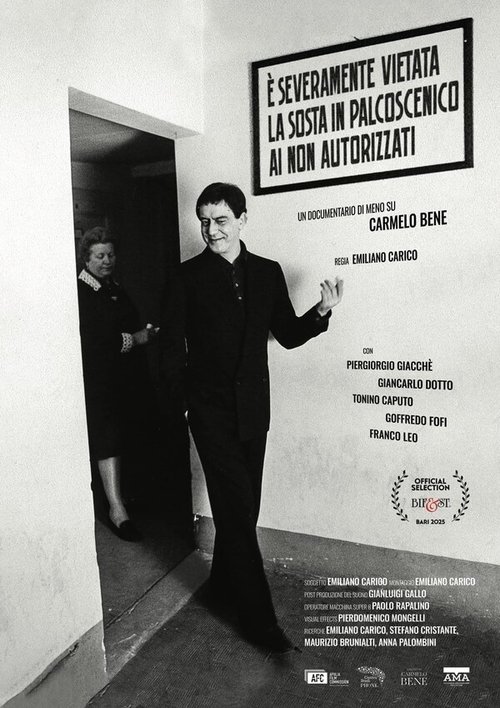
No plot available for this movie.

No plot available for this movie.

No plot available for this movie.
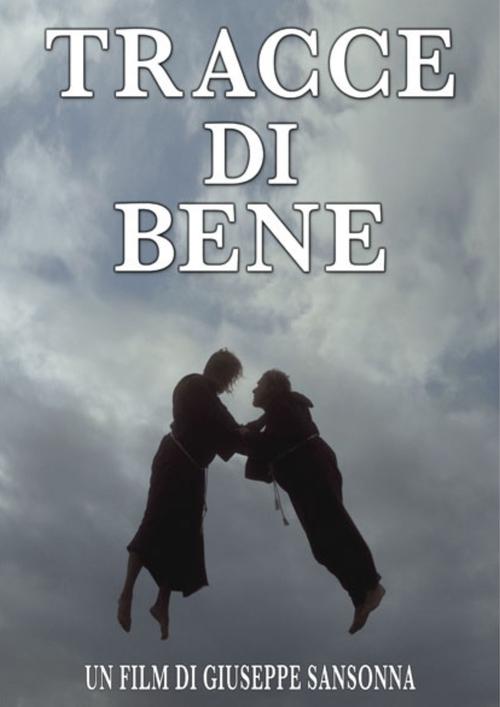
No plot available for this movie.
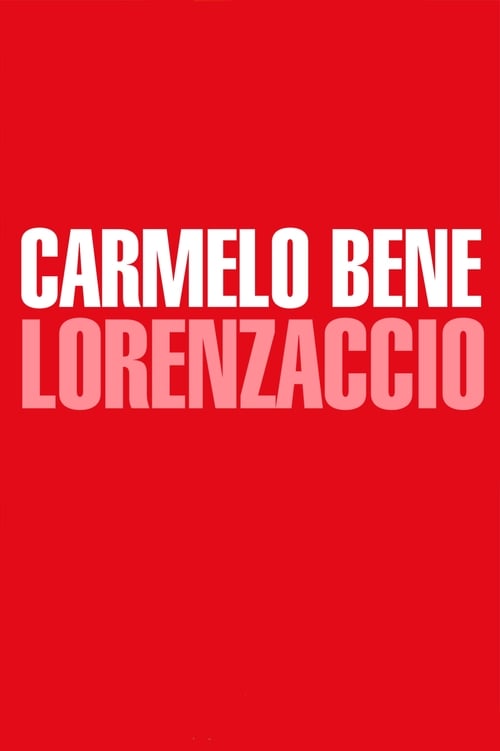
Video registration of Carmelo Bene's play 'Lorenzaccio, al di là di de Musset e Benedetto Varchi', performed in Florence in 1986.
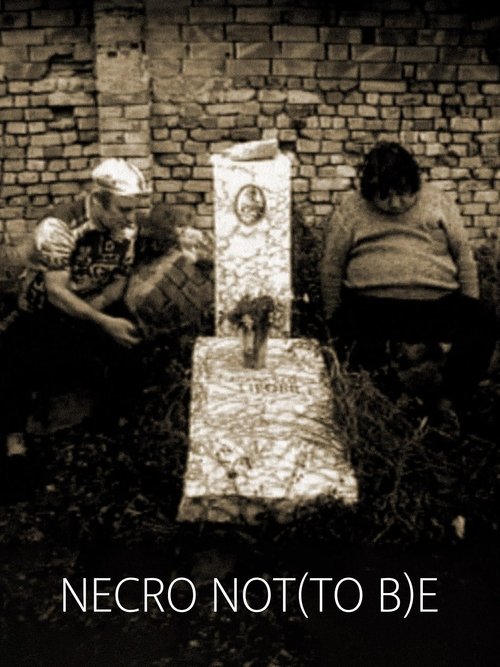
A montage dedicated to friends, actors and companions who have passed away over the years: from Francesco Tirone to Paviglianiti, two leading figures in the famous Cinico TV series, from Tommaso Lauria to Carmelo Bene. This journey down memory lane (and through pain), created especially for Fuori Orario, was broadcast on the night of Ferragosto.
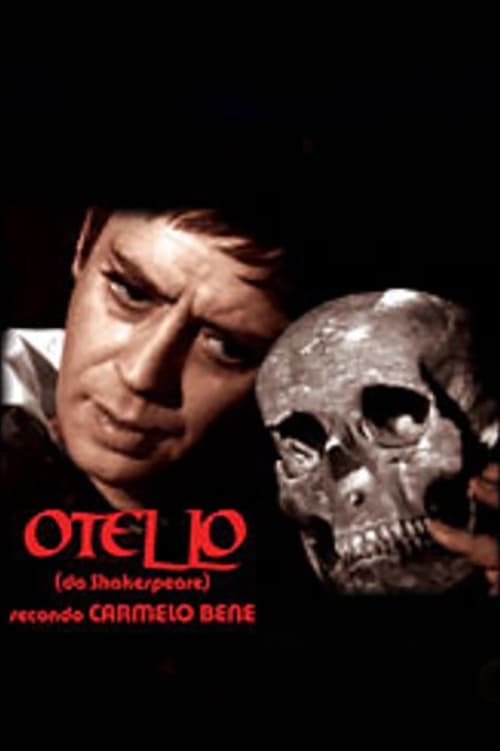
Produced by RAI and filmed in the Turin studios in 1979 but edited years later, in 2001-2002, this is the staging for TV of Carmelo Bene's play of the same name. One of his last works, it premiered in 2002, on March 18, immediately after his death, at the Teatro Argentina in Rome.
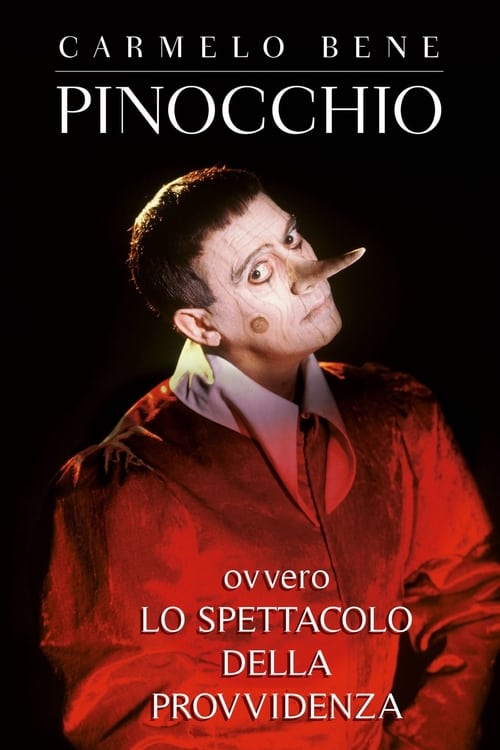
No plot available for this movie.
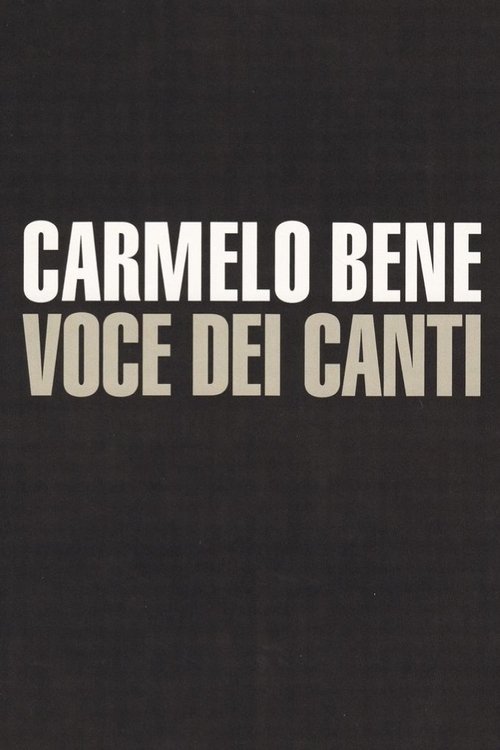
On the occasion of the bicentenary of the birth, Carmelo Bene returns to the verses of the poet from Recanati. In this film the most beautiful poems by Giacomo Leopardi (La Ginestra, Il Canto Notturno, Le Ricordanze, A Silvia, L'Infinito ...), but also some passages from the Moral Operettas, as well as the unfinished Project for a hymn at Ahrimane, follow one another with deep and moving simplicity, with a quiet immediacy that causes the void of every other voice: therefore the listenere is ensnared in the pauses, bewitched by the unexpected descents of silence. The voice assumes a dark and ancestral tone in which the words seem to find their original nuances.
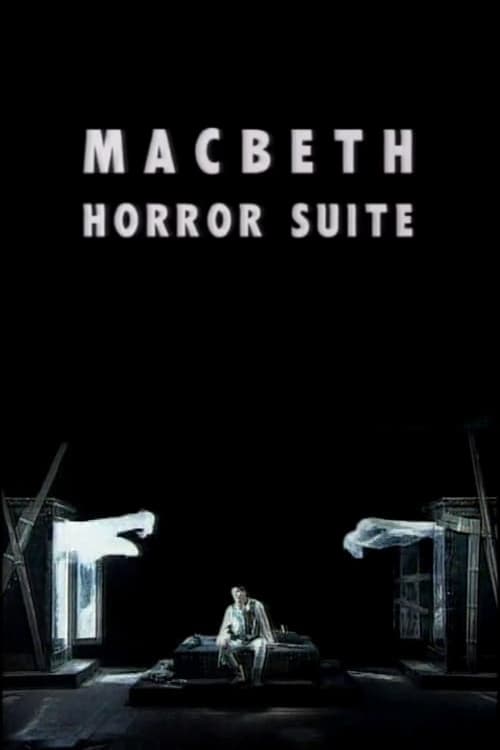
Macbeth, the Thane of Glamis, receives a prophecy from a trio of witches that one day he will become King of Scotland. Consumed by ambition and spurred to action by his wife, Macbeth murders his king and takes the throne for himself.
Subscribe for exclusive insights on movies, TV shows, and games! Get top picks, fascinating facts, in-depth analysis, and more delivered straight to your inbox.